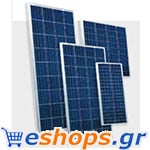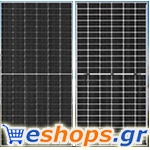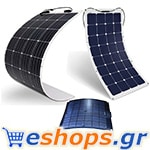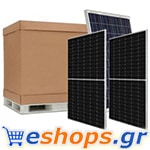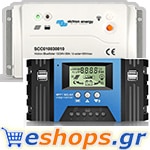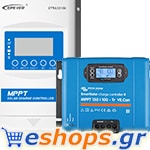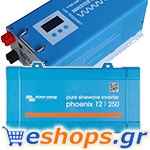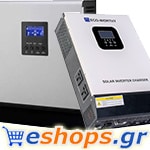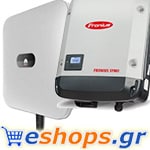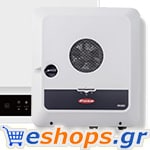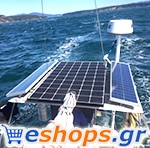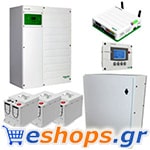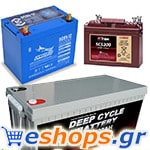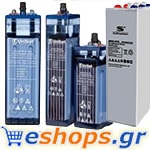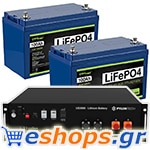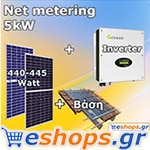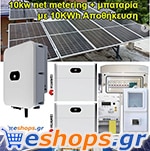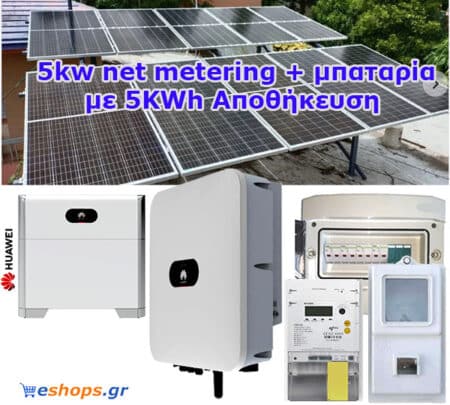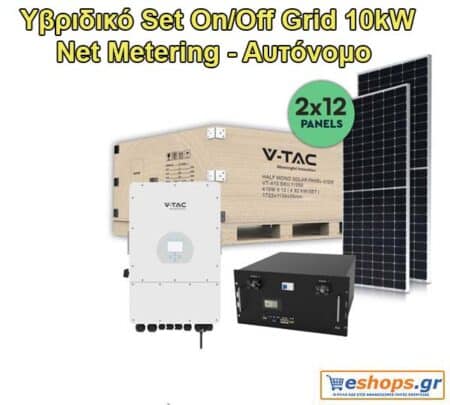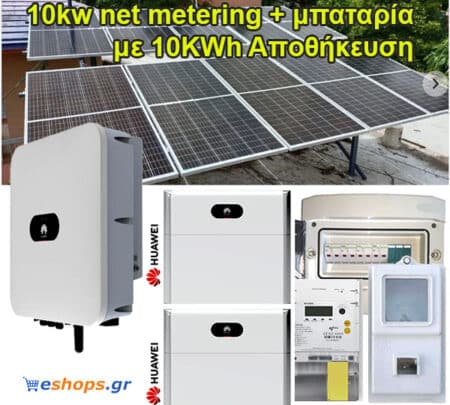Net metering with -Li-ion battery for storage
Net metering with -Li-ion battery for storage: Maximizing Your Solar Savings: Understanding Net Metering with Grid-Connected Hybrid Inverters and Li-ion Battery

photovoltaic net metering / net metering / with battery - save price
Interested in maximizing your solar savings? If so, understanding net metering with grid-tied hybrid inverters and lithium-ion battery technology is essential. With the right setup, you can offset your energy costs even further by selling excess electricity back to the grid or storing it for later use. In this blog post, we'll walk you through everything you need to know about these technologies and how they can help you save money on your energy bills. So let's dive in!
Net metering with -Li-ion battery for storage Introduction to Solar and Net Metering
When it comes to solar energy, net metering is an important concept to understand. Net metering is a pricing system that allows you to offset the cost of your electricity bill with the renewable energy your solar panels produce. In other words, if your solar panels produce more electricity than you use in a month, you can get a credit on your bill for the excess.
This is where grid connected inverters come in. A grid-tied inverter is necessary to take advantage of net metering because it allows your solar panels to connect directly to the utility grid. This means that when your panels produce more electricity than you use, the extra power goes back into the grid instead of being wasted.
Battery backup systems are also a great way to make sure you're getting the most out of your solar investment. A battery backup system stores excess power so it can be used later when there is no sunlight or when power demand is high. This helps balance the peaks and valleys of solar production and consumption, ensuring you always get the most value for your money.
Understanding grid connected hybrid inverters
As the cost of solar panels continues to decrease, more and more homeowners are considering going solar. But even with the high upfront cost of installation, solar can be a great investment — especially if you live in a state with net metering laws.
Net metering is a billing arrangement where you can sell excess electricity back to your utility company at the same price you buy it from them. This is possible because grid-connected inverters have the ability to send power back to the grid. And while most grid-tied inverters work fine in a net metering situation, there are some advantages to using a grid-tied hybrid inverter.
The biggest advantage of using a grid-tied hybrid inverter is that you can also add batteries to the system. This means you can store excess electricity for later use, which can help offset any spikes in your electricity bill (such as during the summer months when air conditioning usage is higher). And as batteries become more and more affordable, this option is becoming more and more popular.
So if you're considering going solar, be sure to consider all your options for maximizing your savings—including net metering and grid-tied hybrid inverters with battery backup.
Advantages of Li-ion battery
Assuming you are referring to the benefits of using Li-ion battery technology in solar systems:
Lithium-ion batteries have many advantages over other types of batteries when used in solar power systems. They weigh less and take up less space than lead-acid batteries, for example. They also have a higher energy density, meaning more energy can be stored in a given amount of space. Lithium-ion batteries also have a lower self-discharge rate than other types of batteries, meaning they will hold their charge longer when not in use. Finally, they are less likely to suffer from what is known as the "memory effect", where a battery's capacity decreases if it is not regularly fully discharged before being recharged.
3 results
-
Net-metering 5kw with 5kwh lithium battery for storage with 460 WATT PV and Panels Complete package
12,800.00 €
9,850.00 € Excluding VAT
12,214.00 € Includes VATNet-metering 5kw with 5kwh lithium battery for storage with PV 460 WATT and Panels Complete AC/DC package for energy compensation (10 year inverter warranty)
Net metering 5kw ( They produce in the summer in southern areas 20-25kw daily and about half or 1/3 in Winter) 6.000 - 8.000 kw averaged per year in Southern regions.
Price without VAT
Available on backorder
-
Net-metering & Autonomous 10kw with battery Hybrid Set On/Off Grid 10kW with 24 PV panels 410W + battery 10kw SKU: 100173
13,500.00 €
10,400.00 € Excluding VAT
12,896.00 € Includes VATNet-metering & Autonomous 10kw with lithium battery – Consists of
24 PV panels 410 watts / Mono half cells SKU: 11550 x 2 sets V-TAC
Three Phase Hybrid On/Off-Grid Inverter 10KW with LCD Display IP65 V-TAC SKU: 11542 V-TAC
LiFePO4 Rack 9.6KWh 48V 200Ah Lithium Battery for Solar Inverter SKU: 11523 V-TAC
Available on backorder
-
Net-metering 10kw with 10kwh lithium battery for storage with 460 WATT PV and Panels Complete package
17,800.00 €
14,100.00 € Excluding VAT
17,484.00 € Includes VATNet-metering 10kw with 10kwh lithium battery for storage with PV 460 WATT and Panels Complete AC/DC package for energy compensation (10 year inverter warranty)
Net metering 10kw with 10kwh lithium battery ( They produce in the summer in southern areas 40-50kw daily and about half or 1/3 in Winter) 12.000 - 16.000 kw averaged per year in Southern regions.
Price without VAT
Available on backorder
